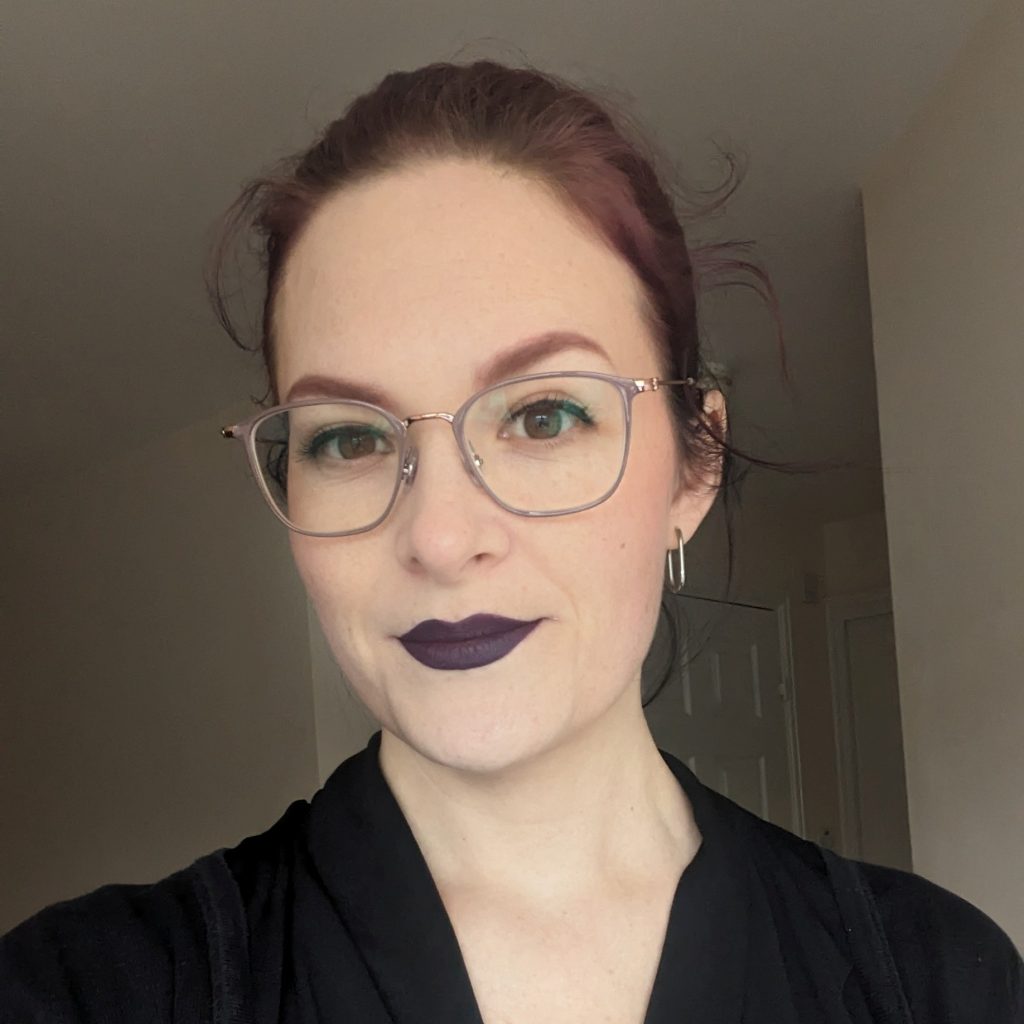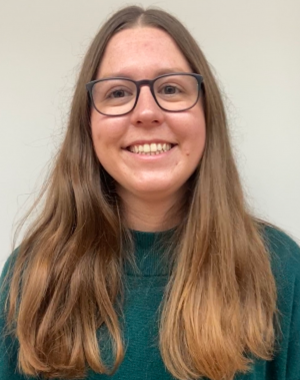Stars
RTI 2025
RTI 2025 Rising Stars
After a difficult selection process, where many interesting abstracts have been evaluated, we are delighted to present you the Rising Stars of 7th Edition of the Respiratory Tract Infections.

Helen Gavillet
Helen Gavillet is a Post-Doctoral researcher at Northumbria University, investigating the microbiome of the lung in Cystic Fibrosis. While bacteria take up much of her time, she has a keen interest in their fungal counterparts and how they interact within disease. Helen completed her PhD at Manchester Metropolitan University, with her thesis focussing on the longitudinal dynamics of bacteria and fungi in patients with Cystic Fibrosis, and the impact of NGS on the detection of pathogens in clinical practise. She is currently investigating the impact of new CFTR modulators on respiratory microbiomes. In her spare time, she likes to run, bake and draw, and has been proudly rejected from the Great British Bake Off three times.

Kaylee Worlock
Dr. Kaylee Worlock is a Post-Doctoral Research Fellow in the Division of Medicine at University College London (UCL), specialising in developmental biology and immune development. Her research utilises cutting-edge single-cell technologies to explore complex biological systems, with a focus on critical areas such as perinatal organ maturation, COVID-19 immune responses, and zoonotic spillover of influenza viruses. Kaylee completed her PhD within UCL Respiratory, where she studied immune-epithelial interactions and their role in healthy airway development and viral infections. Passionate about mentoring the next generation of STEM researchers, Kaylee is actively involved in initiatives like In2research. In her spare time, she enjoys travelling, exploring the outdoors, and occasionally braving a cold-water swim or dip.
Outline
Outline
OUTLINE
You are invited to submit an abstract of an original research related to Respiratory Tract Infections for consideration the Forum Topics to be candidate as:
Rising Star
Topics
Topics
Topics Covered
Antibiotic Resistance
Bacterial Infection
Bronchiectasis
Covid-19
Exacerbation
Influenza
Lung Microbiome
Molecular Diagnostics
Novel Approaches
NTM – Non-Tuberculosis Mycobacterial
Pleural Infection
Pneumonia
RSV – Respiratory Syncytial Virus
Tuberculosis
Vaccines
Viral Infection
Two young researchers / clinicians, selected by a strict process, will have the opportunity to:
- Present their work in the main auditorium with Q&A from internationals experts.
Further details on timing and schedule of the lectures will be shared in due time.
- Receive the personal feedback of the Scientific Committee of
- the Forum who will provide useful advice for the development of the winners’ career as researchers and international conference faculty
- Receive a full hosting package (free registration, travel, and accommodation)
Concept
Concept
The Concept
Guidelines
Guidelines
Guidelines
Online submission
To participate in the selection process, please submit before 18 November 2024.
- Select the category “Rising Stars”
- Select the topic among the list, follow the instructions and complete your submission according to the rules.
- State the conflict-of-interest disclosures for each author at the end of the submitted abstract (If there are no conflict of interest, it should be stated as well).
- Upload a Full academic curriculum including publications and / or poster presentations made in the past
Compulsory criteria:
- Abstracts should be related to the topics of the Forum.
- The candidate should be the first author of the abstract.
- The abstract should be original.
- The abstract should be presented in English.
- The candidate should not have been included in the faculty of a previous international Forum.
The main selecting criteria will be the relevancy and scientific value of the abstract presented, evaluated by the Scientific Committee of the Forum. The choice will be made at the Scientific Committee’s discretion. In case of equality the following priority criteria will be applied.
Priority criteria:
- Age: Priority to researchers / clinicians under 42;
- Provenience: priority for researchers / clinicians working in low–income countries – with limited access to funds.
Acceptance
Notifications to submitters will be sent by the end of November 2024.
Please kindly note that if your rising star application is not accepted, it can be automatically considered for an oral or poster presentation.
Criteria
Criteria
Compulsory Criteria
Stars
RTI 2024
RTI 2024 Rising Stars

Rebecca Hull
Rebecca Hull is a postdoctoral research assistant in the respiratory research group at the University of Dundee. She completed her PhD at the University of Sheffield, before moving to Dundee to carryout work aiming to identify factors which predict bronchiectasis patient response to Pseudomonas targeting antibiotics and response to novel therapies.
100 Pseudomonas aeruginosa (PA) clones were isolated from sputum from 100 bronchiectasis patients. These clones had heterogenous genotypes, with some variants linked to changes in bacterial growth and biofilm formation. 17% of patients cleared these infections within 12-months. Low PA culture densities were associated with infection clearance. Genetic variants did not predict PA eradiation, nor did bacterial growth or biofilm formation parameters.

Clark Russell
Clark Russell is a clinical Lecturer in Infectious Diseases at the University of Edinburgh Centre for Inflammation Research. His main research interest is macrophage host defence against aerobic gram-positive cocci (streptococci, staphylococci, enterococci).
Investigation of pathogen adaptive variants provides a novel approach to identify mechanisms of host defence. We applied this approach to macrophage intracellular killing of pneumococci, identifying several anti-bacterial host factors in vitro. Therapeutic modulation of one pathway in vivo increased bacterial clearance in a mouse model of invasive pneumococcal disease.



